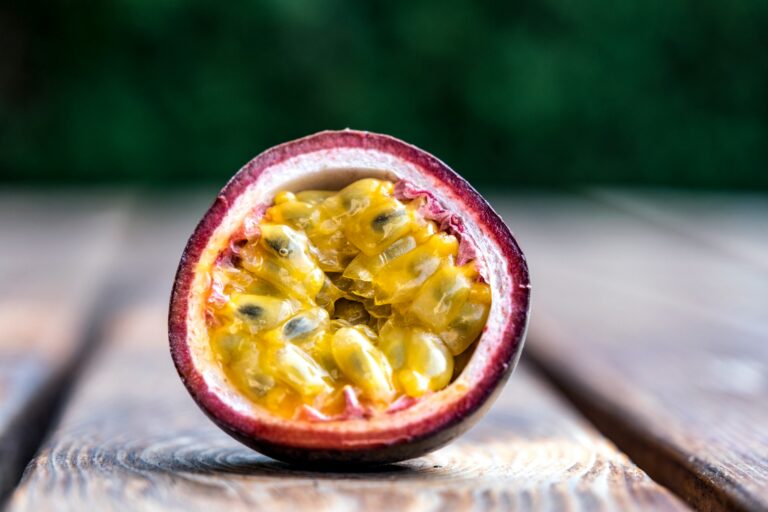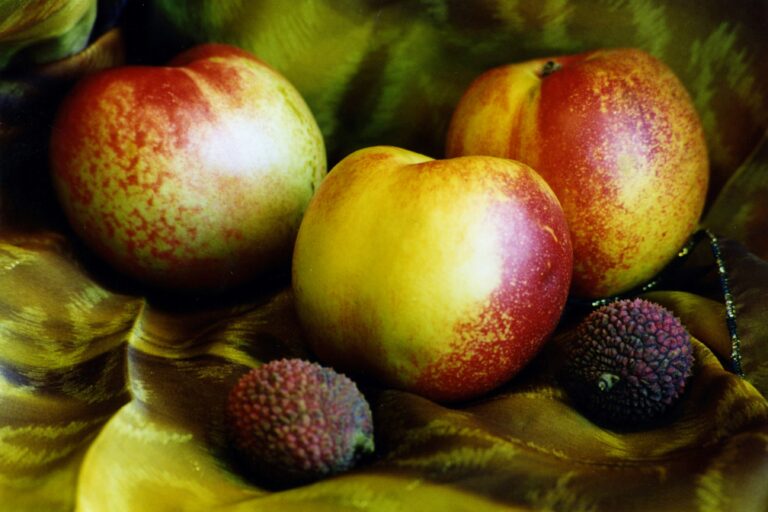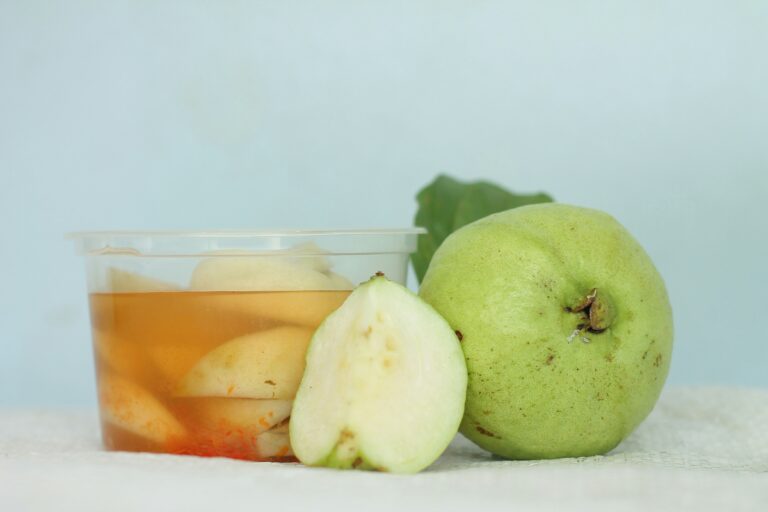The scientific name of watermelon is Citrullus lanatus. It belongs to the family of Cucurtaceae and is native to Africa. Watermelon has been cultivated since ancient times. The fruit flesh of a wild watermelon is watery.
Color: flesh color can be red, pink, green yellow, and orange. There can be a white flesh watermelon called white Wonder. Rinds can be smooth and range in colors from dark green, light green, yellow, orange, and red.
Shape: Oval or spherical shape
Size: Wild plants have fruits up to 20 cm in diameter. The average length of a watermelon is around 20 pounds. Fruit shape can range from almost spherical to obovate.
Flavor: Bitter, sweet, and sour—all three together make watermelon unique. The taste of watermelon comes from its natural compounds.
Nutrients
Watermelon is a hydrating fruit and has many possible health benefits. The nutrients in watermelon help support heart health, manage weight, and protect your skin. 100 grams of watermelon contains the following nutrients content:
- Calories 30
- Carbohydrate 8 g
- Total fat 0.2 g
- Potassium 112 mg
- Iron 1%
- Sodium 1%
- Dietary fiber 0.4 g
- Protein 0.6 g
- Vitamin C 13% of the daily value
- Magnesium 2% of the daily value
| How to grow watermelon? |
Health Benefits of Watermelon
Watermelon is an excellent source of minerals and antioxidants. Apart from promoting hydration, it may also prevent certain health issues and enhance heart health, among other elements of health.
Improve heart health
Several nutrients are present in the watermelon that support your heart health. Heart disease is a leading cause of death. Recent research showed that lycopene may help lower cholesterol and blood pressure. Watermelon also contains citrulline, an amino acid that may increase nitric oxide levels in your body and help to lower blood pressure by expanding the blood vessels.
Helps in reducing inflammation
The combination of antioxidants, lycopene, and vitamin C in watermelon may help lower inflammation and oxidative damage. Lycopene acts as an antioxidant and may delay the onset and progression of Alzheimer’s disease.
Reduce cancer risk
Several plant compounds found in watermelon including lycopene and cucurbitacin E, may have possible anti-cancer effects. Lycopene intake may be associated with a lower risk of some types of cancer such as prostate and colorectal cancer.
Keeps you hydrated
This fruit consists of 92% water and this means that you are consuming fewer calories and with a lot of food. Keep yourself hydrated can prevent your mouth dryness and is good for cardiovascular health. It also keeps your body cool. It also cleanses your body and keeps your skin healthy.
Helps in managing blood sugar
This juicy fruit helps your kidney convert L-citrulline ( amino acid ) into L-arginine. These amino acids tend to protect you from diabetes. Watermelon is crucial for regulating glucose metabolism and insulin in the body.
Decrease the severity of Asthma
Watermelon is a good source of vitamin C, which reduces the effects of asthma and could help fight its severe effects. Asthmatics with low levels of vitamin C tend to experience more arithmetic symptoms.
Improve nerve function
Watermelon is a rich source of potassium that can regulate nerve function. Watermelon also facilitates the messages and electric impulses. Less potassium in the human body can cause numbness and tingling. If you are suffering from leg cramps then this is a cause of low potassium in the body.
Side Effects of Watermelon
Over intake of watermelon could lead to many discomforts such as
- Bloating gas
- Constipation
- Abdominal discomfort
- Gastrointestinal discomfort
- Heartburn
FAQ’s
Is watermelon seed safe to eat?
Yes, watermelon seeds are safe to eat and are even nutritious! They are packed with protein, healthy fats, vitamins, and minerals. You can consume them raw, roasted, or sprouted. The black seeds in a regular watermelon are mature and fertile. These are safe to eat and will pass through your body as they are insoluble fiber.
Can watermelon remove pimples?
Watermelon can’t remove pimples on its own, but it can promote healthier skin because of its moisturizing qualities and nutrients that may aid. It is not scientifically proven to treat and prevent acne directly. but it can contribute to healthier skin because It increases the body’s nitric oxide composition, which helps prevent acne.






